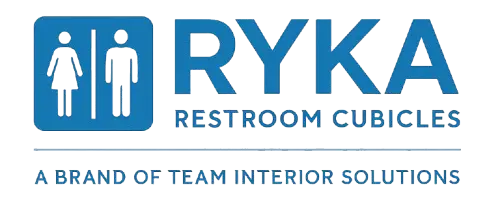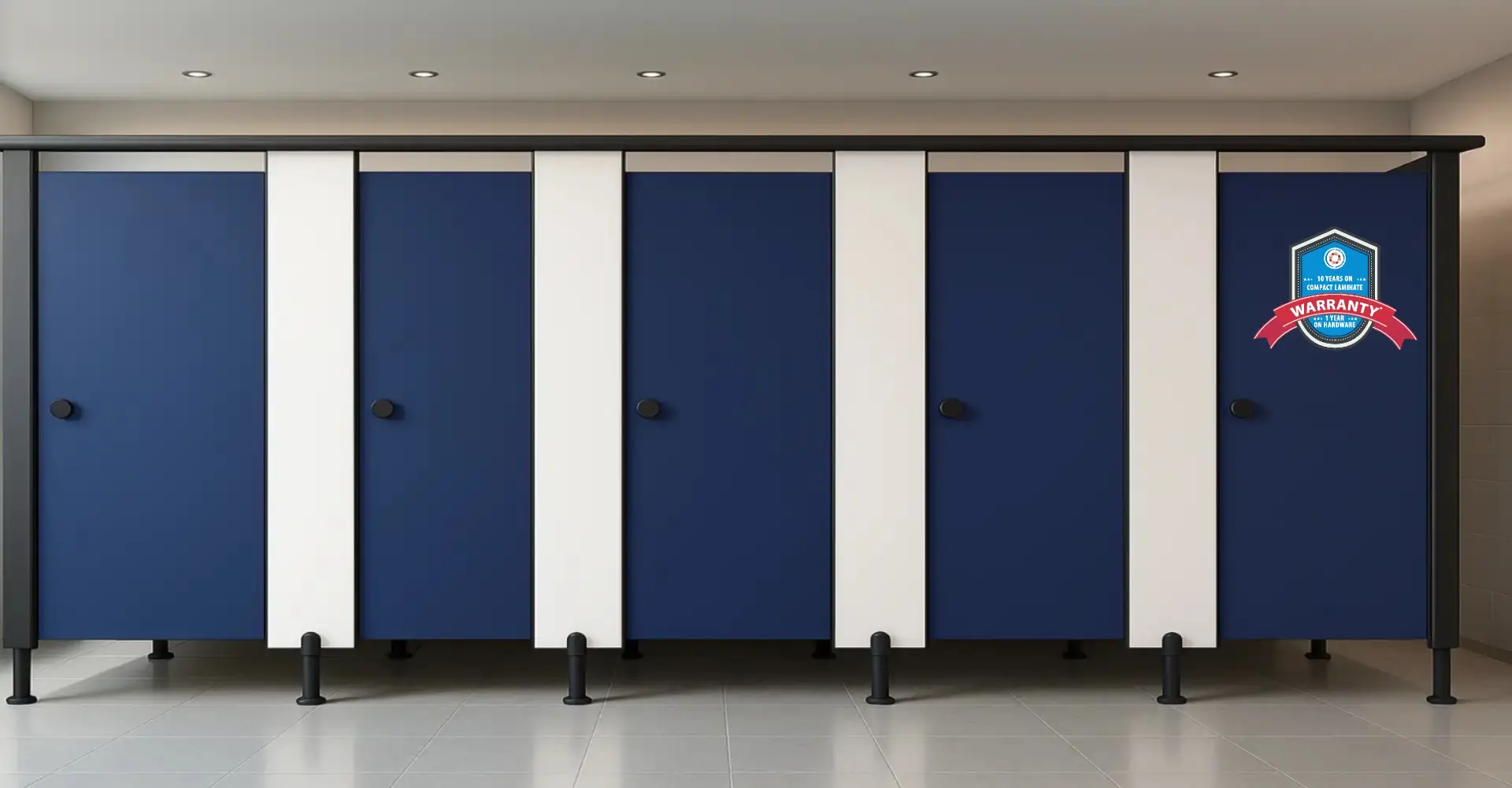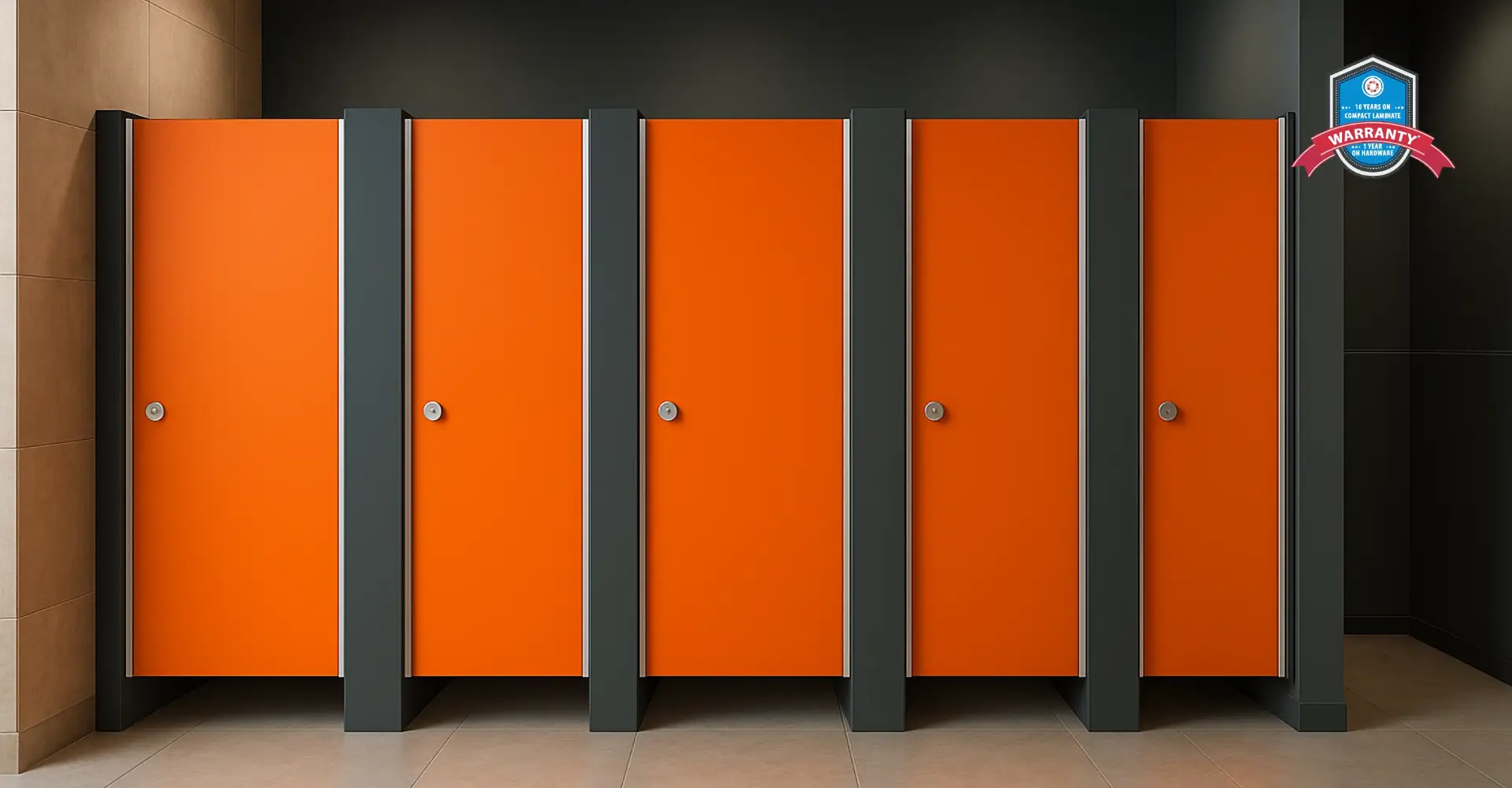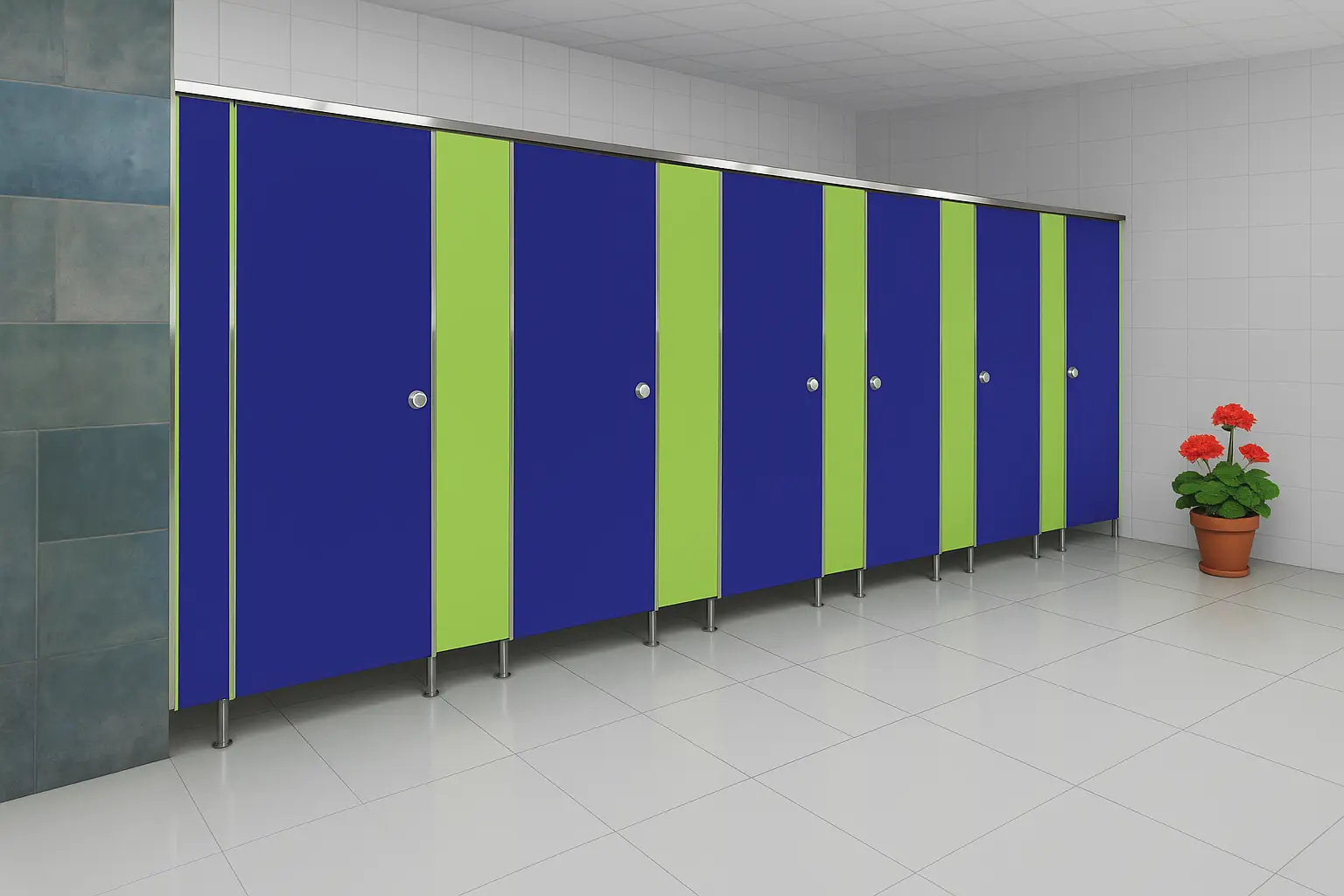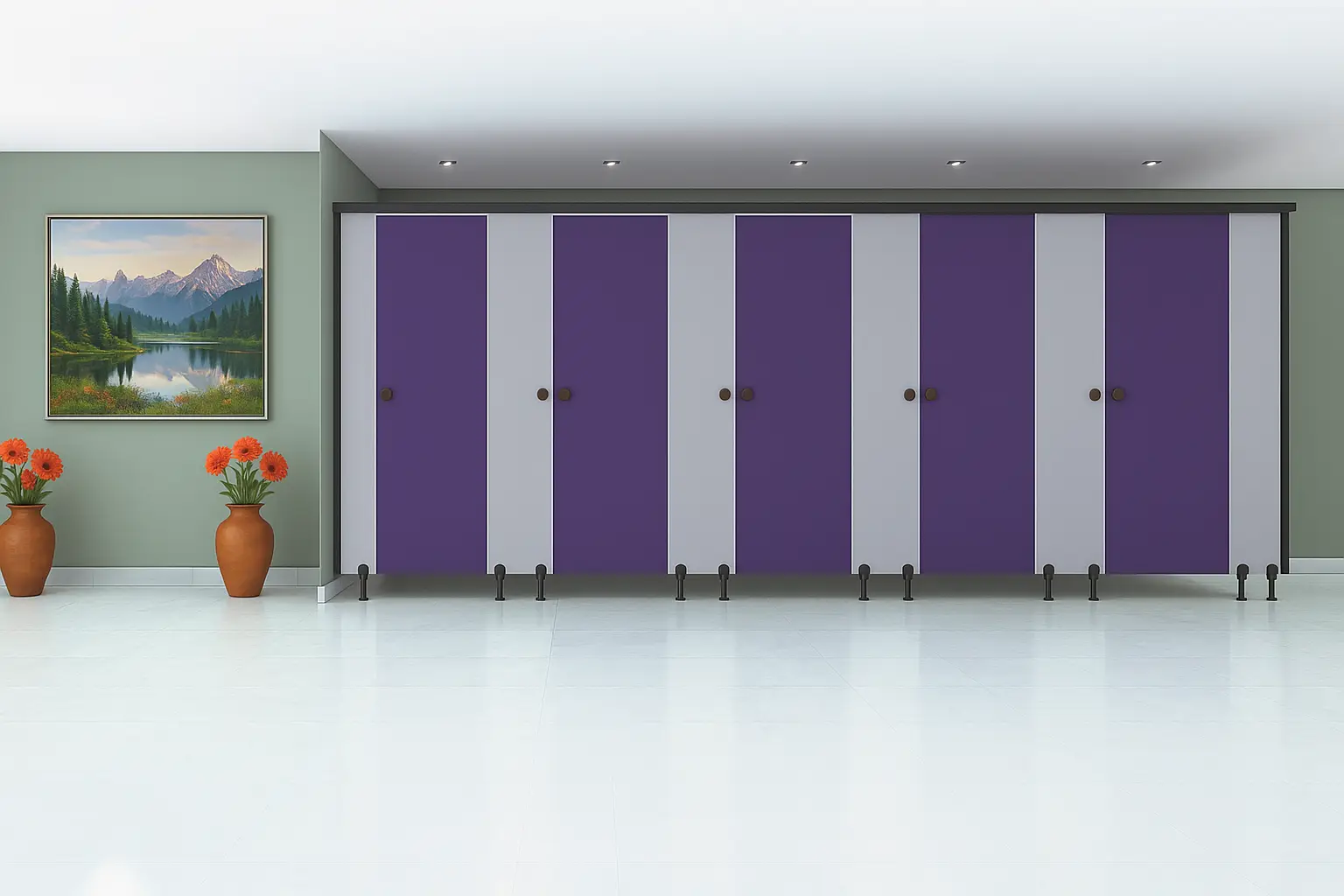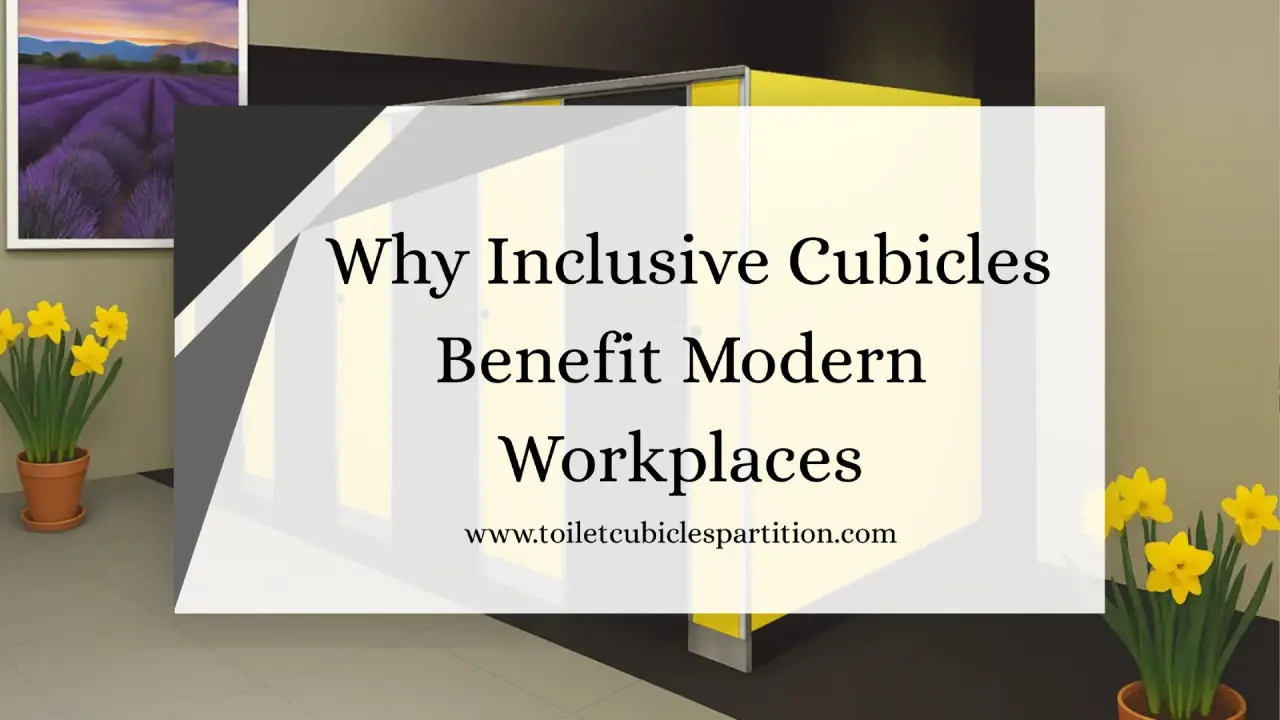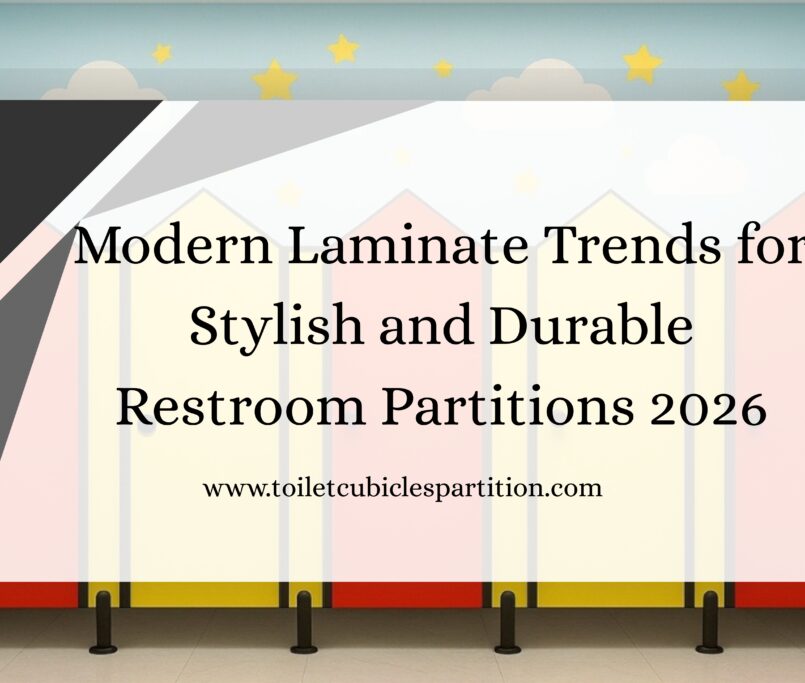Introduction
Modern workplaces are undergoing a transformative shift, embracing diversity, equity, and inclusion (DEI) as foundational principles. While much attention is given to hiring practices, corporate culture, and employee benefits, restroom design is often overlooked. Yet, the way workplace restrooms are designed has a profound impact on employee comfort, safety, productivity, and satisfaction.
Traditional restroom layouts frequently fail to accommodate differently-abled employees, gender-diverse individuals, parents, and caregivers, creating barriers to accessibility and inclusion. Inclusive cubicles address these challenges, ensuring all employees feel valued and supported.
Leading Toilet Cubicles Partition Manufacturers, such as Ryka Restroom Cubicles, are designing inclusive solutions that are adaptable, hygienic, and ergonomically optimized. By integrating features such as gender-neutral cubicles, baby-changing stations, wheelchair-accessible designs, and smart hygiene technology, these manufacturers help organizations align their infrastructure with modern DEI goals.
In this blog, we explore why inclusive cubicles are essential for modern workplaces and how they benefit employees, employers, and the organization as a whole.
1. Accessibility for Differently-Abled Employees
One of the primary advantages of inclusive cubicles is enhancing accessibility for employees with disabilities. Inclusive designs ensure that all employees, regardless of mobility or physical limitations, can use restroom facilities independently and safely.
Key Design Elements:
- Wider Doors and Spacious Interiors: Allow wheelchair users to navigate easily and turn comfortably inside the cubicle.
- Handrails and Support Bars: Strategically placed to assist individuals with limited mobility.
- Emergency Features: Including alarms and automated locks for quick assistance in case of emergencies.
- Non-Slip Flooring: Prevents accidents for employees using mobility aids.
Case Example:
A leading IT firm installed inclusive cubicles from Ryka Restroom Cubicles. The result was a significant improvement in employee satisfaction among differently-abled staff, who could now access restroom facilities independently. Additionally, accessibility compliance enhanced the organization’s reputation as an inclusive employer.
Impact: Accessibility not only supports employees’ independence but also ensures compliance with disability rights regulations, mitigating legal risks.
2. Supporting Gender Inclusivity
Modern workplaces must cater to gender-diverse employees, including transgender and non-binary individuals. Inclusive cubicles create safe, private, and welcoming spaces for all genders.
Design Features:
- Gender-Neutral Cubicles: Can be accessed by employees regardless of gender identity.
- Lockable Privacy Cubicles: Ensure dignity and reduce discomfort.
- Flexible Layouts: Single-user or multi-user configurations adaptable to office size.
- Clear Signage: Communicates inclusivity while maintaining privacy.
Case Study:
A tech startup in Bangalore transitioned from traditional gender-specific restrooms to inclusive cubicles designed by Ryka Restroom Cubicles. Employee surveys indicated reduced anxiety and higher satisfaction among gender-diverse staff, fostering a more inclusive workplace culture.
Benefit: Gender-inclusive cubicles promote equality, reduce workplace discrimination, and enhance overall employee morale.
3. Enhanced Hygiene and Safety Standards
Inclusive cubicles incorporate advanced hygiene and safety features that benefit all employees.
Hygiene Features:
- Touchless Fixtures: Automatic flush systems, sensor taps, and soap dispensers reduce germ transmission.
- Easy-to-Clean Surfaces: Materials such as compact laminate and solid polymer withstand frequent cleaning.
- Ventilation and Lighting: Proper airflow and illumination improve safety and comfort.
Safety Features:
- Emergency Alarms: Accessible for employees in distress.
- Anti-Slip Flooring: Reduces accident risks in wet areas.
- Sturdy Partitions: Ensure privacy and structural safety.
Example:
A corporate office upgraded to inclusive cubicles with touchless fittings and robust handrails. This not only reduced maintenance complaints but also contributed to lower absenteeism due to improved workplace hygiene.
Key Insight: Enhanced hygiene and safety increase employee confidence, reducing operational disruptions and improving overall productivity.
4. Supporting Parents and Caregivers
Inclusive cubicles play a vital role in facilitating work-life balance, especially for employees with caregiving responsibilities.
Features for Parents and Caregivers:
- Baby-Changing Stations: Available in gender-neutral cubicles for all caregivers.
- Private Lactation Areas: Designated spaces for nursing mothers.
- Ergonomic Design: Cubicles with adequate support for older employees or those with temporary injuries.
Impact:
Workplaces that integrate such features often see improved employee retention and engagement, as staff feel supported in balancing professional responsibilities with personal needs.
Example:
A multinational company incorporated inclusive cubicles with baby-changing stations. Employees reported higher satisfaction, particularly working parents who could now manage childcare without leaving the office premises.
5. Improving Employee Productivity and Satisfaction
Inclusive cubicles contribute to employee well-being, which directly affects productivity.
Benefits:
- Reduced Anxiety: Employees feel safe and comfortable using restroom facilities.
- Time Efficiency: Well-designed layouts minimize waiting times.
- Positive Workplace Culture: Demonstrates organizational commitment to inclusion and equity.
Case Study:
A large IT campus that implemented inclusive cubicles observed higher productivity metrics. Staff spent less time navigating restroom challenges, reducing stress and allowing focus on core responsibilities.
Insight: Comfortable restroom facilities are a subtle but powerful factor in employee satisfaction and workplace efficiency.
6. Compliance with Legal and Regulatory Standards
Inclusive cubicles help organizations meet legal and regulatory requirements, avoiding penalties and legal disputes.
- Disability Regulations: Compliance with ADA (Americans with Disabilities Act) or local accessibility laws.
- Occupational Safety Norms: Structural integrity, fire safety, and emergency protocols.
- ESG and CSR Goals: Contributes to corporate sustainability and social responsibility initiatives.
Example:
Companies that implement inclusive cubicles from Ryka Restroom Cubicles are assured of regulatory compliance, reducing the risk of fines and enhancing corporate credibility.
7. Future-Proof Workplace Design
Inclusive cubicles prepare workplaces for future workforce trends, such as hybrid work models and increasing diversity.
Key Features:
- Modular Design: Easily reconfigurable layouts to adapt to changing office structures.
- Eco-Friendly Materials: Sustainable materials reduce environmental impact.
- Scalability: Can accommodate increased workforce without major renovations.
Example:
Co-working spaces in metropolitan cities adopted modular inclusive cubicles, enabling them to accommodate varied tenant requirements without redesigning entire restroom areas.
Insight: Investing in inclusive cubicles is a forward-thinking approach, ensuring long-term flexibility and sustainability.
8. Integration of Smart Technology
Modern inclusive cubicles incorporate IoT and smart features:
- Occupancy Sensors: Optimize restroom usage and reduce wait times.
- Maintenance Alerts: Notify janitorial staff for timely cleaning and repairs.
- Automated Climate and Lighting Control: Enhances comfort and reduces energy consumption.
Benefit: Smart inclusive cubicles improve efficiency, reduce operational costs, and enhance user experience.
Example:
A corporate campus implementing IoT-enabled inclusive cubicles from Ryka Restroom Cubicles reported reduced downtime, optimized cleaning schedules, and higher employee satisfaction.
9. Organizational Branding and Reputation
Inclusive facilities send a strong message about organizational values:
- Demonstrates commitment to diversity, equity, and inclusion.
- Attracts top talent seeking supportive work environments.
- Enhances corporate image among clients, partners, and stakeholders.
Example:
Companies with inclusive restroom facilities are often recognized in industry awards and DEI certifications, boosting credibility in competitive markets.
10. Cost-Benefit and ROI of Inclusive Cubicles
Though initially higher in cost, inclusive cubicles offer substantial long-term benefits:
- Reduced Absenteeism: Employees feel comfortable and supported.
- Lower Maintenance Costs: Durable, hygienic materials reduce wear-and-tear expenses.
- Enhanced Retention and Productivity: Positive work environment leads to higher engagement.
Insight: Investing in inclusive cubicles from a trusted Toilet Cubicles Partition Manufacturer like Ryka Restroom Cubicles yields both social and economic returns.
Conclusion
Inclusive cubicles are not just partitions—they are a statement of workplace values, accessibility, and respect. By partnering with a trusted Toilet Cubicles Partition Manufacturer, organizations can:
- Ensure accessibility for differently-abled employees
- Support gender inclusivity and privacy
- Improve hygiene, safety, and comfort
- Facilitate work-life balance for parents and caregivers
- Boost employee satisfaction, productivity, and retention
- Comply with legal and regulatory standards
- Future-proof their workplace infrastructure
Investing in inclusive restroom solutions strengthens corporate culture, enhances employee well-being, and demonstrates commitment to modern, equitable workplaces.
